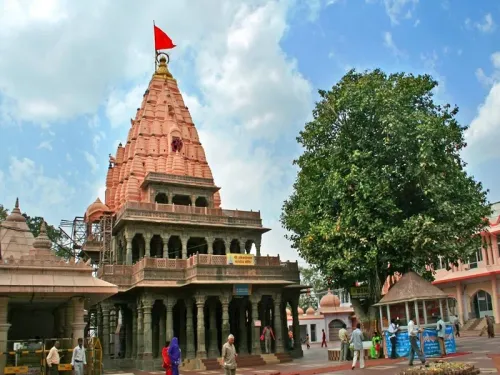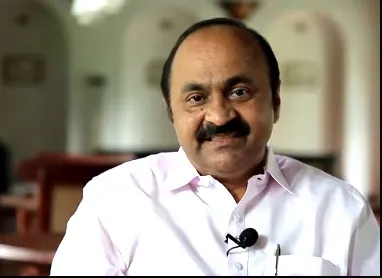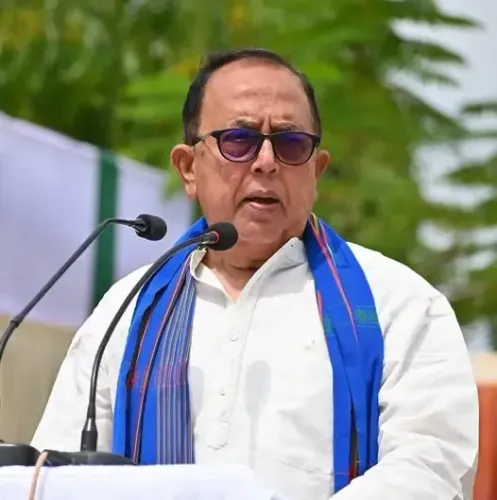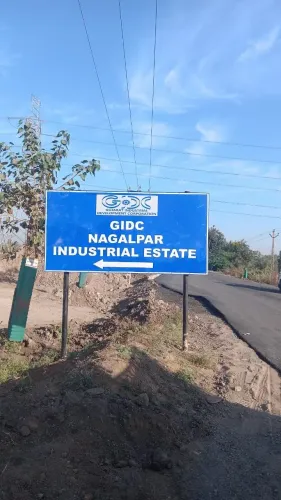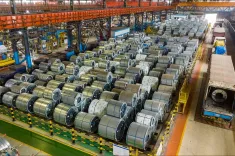How has India's highway network expanded from 91,000 km to 1.46 lakh km in just 11 years?
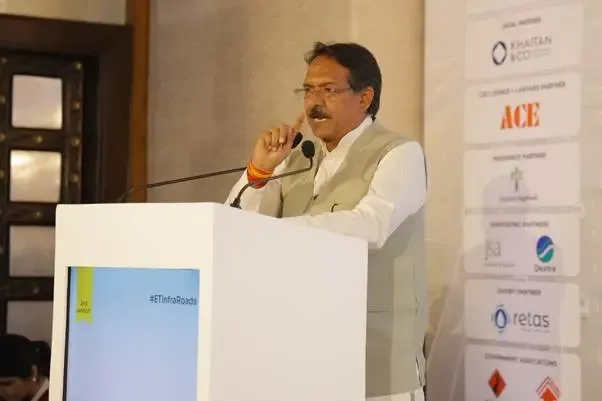
Synopsis
Key Takeaways
- India's highway network expanded to over 1.46 lakh km.
- Government spending on road infrastructure increased 6.4 times.
- Job creation statistics highlight 45 crore man-days of direct employment.
- Delhi Decongestion Plan aims to improve connectivity.
- Sustainable practices include using plastic waste in construction.
New Delhi, July 18 (NationPress) The national highway network of India has grown from 91,000 km in 2014 to over 1.46 lakh km, positioning it as the second-largest road network globally, as stated by Minister of State for Road, Transport and Highways Harsh Malhotra on Friday.
During the Road and Highways Summit, the minister highlighted that the government’s investment in road infrastructure has surged 6.4 times between 2013–14 and 2024–25. Furthermore, the budget for road transport and highways has increased by 57% from 2014 to 2023–24, showcasing the government's steadfast dedication to enhancing connectivity, mobility, and economic development.
He added that recent infrastructure advancements have resulted in 45 crore man-days of direct employment, 57 crore man-days of indirect employment, and 532 crore man-days of induced employment, highlighting the significant role of infrastructure projects in job creation across various sectors.
MoS Malhotra noted that over 10,000 km of National Highways (NHs) have been constructed in the North Eastern Region (NER) over the last decade, underscoring Prime Minister Narendra Modi’s commitment to the area.
He discussed the Delhi Decongestion Plan, aimed at alleviating traffic congestion and pollution in the city while improving connectivity. This plan features the extension of the Delhi-Amritsar-Katra Expressway (NE-5) and the UER-II (NH-344M) in Delhi and Haryana, along with a new road tunnel from the Dwarka Expressway to Nelson Mandela Marg in Vasant Kunj.
Additionally, MoS Malhotra mentioned the Ministry’s initiative to develop over 700 Wayside Amenities (WSAs) by 2028–29, providing clean restrooms, quality food, rest areas, fuel stations, and EV charging points.
The minister emphasized the Ministry’s prioritization of Road Safety, having rectified 14,000 accident-prone blackspots. He praised the successful execution of programs such as the Good Samaritan Scheme and the Cashless Golden Hour Scheme.
Moreover, initiatives like the Green Highways Policy and 'Ek Ped Maa Ke Naam' have led to the planting of over 4.78 crore trees and the transplantation of around 70,000 trees along national highways.
The Ministry is also adopting sustainable construction practices, utilizing over 80 lakh tonnes of plastic waste in significant projects, including UER-II and the Ahmedabad–Dholera Expressway. Additionally, fly ash from thermal power plants is being implemented in highway construction to minimize raw material usage and reduce emissions, he elaborated.
He emphasized that the expansion of highways is crucial for realizing the vision of Viksit Bharat by 2047. Each rupee invested in highway development generates a threefold return for the GDP, creates extensive employment opportunities, and opens multiple revenue streams. The government is not merely constructing roads but is laying the groundwork for a prosperous, peaceful, and resilient Bharat, he concluded.


